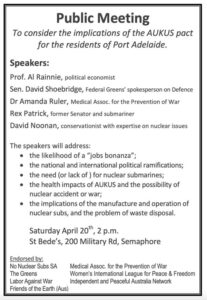These posts are to appear in the fortnightly newsletter
Australia second only to Russia in emissions from fossil fuel exports
Tuvalu’s Prime Minister Feleti Teo took to a stage in Apia, Samoa, on Thursday morning to say something pointed. Planned fossil fuel expansions in nations such as Australia represented, for his nation, a “death sentence”.
The phrase “death sentence”, Teo said, had not been chosen lightly. He followed up with this: “We will not sit quietly and allow others to determine our fate.”
Teo chose the moment for this broadside well – on the sidelines of the Commonwealth Heads of Government Meeting (CHOGM), attended by both King Charles and Australian Prime Minister Anthony Albanese. The speech came at the launch of a new report on moves by the “big three” Commonwealth states – the United Kingdom, Canada and Australia – to expand fossil fuel exports.
These three states make up just 6% of the population of the Commonwealth’s 56 nations, but account for over 60% of the carbon emissions generated through extraction since 1990, the Fossil Fuel Non-Proliferation Treaty Initiative report shows.
Canada and the UK are no climate angels, given their respective exports of highly polluting oil from oil sands and North Sea oil and gas. But Teo and others in the movement to stop proliferation of fossil fuels have reserved special criticism for Australia. That’s because Australia is now second only to Russia based on emissions from its fossil fuel exports and has the largest pipeline of coal export projects in the world – 61% of the world’s total.— Liam Moore, The Conversation “‘We will not allow others to determine our fate’: Pacific nations dial up pressure on Australia’s fossil fuel exports” October 24th

